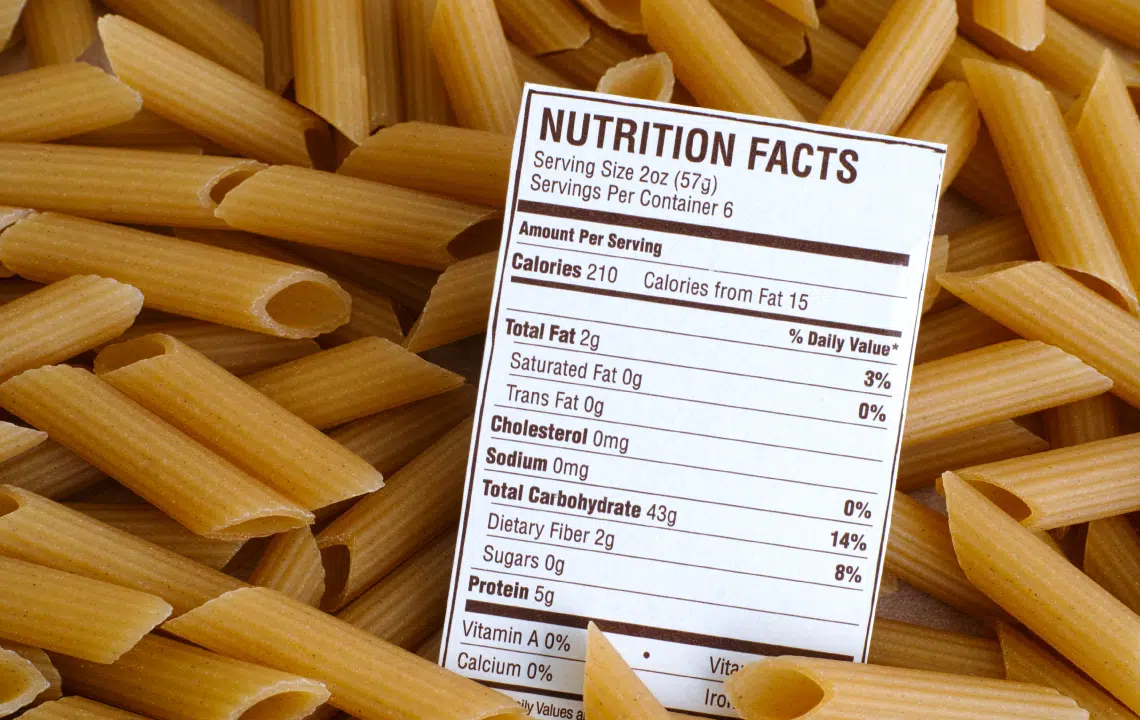
When consumers pick up their weekly groceries, they’ve come to expect a certain level of ingredient transparency for the foods they eat. Since the Nutrition Labeling and Education Act (NLEA) passed in 1990, nutrition labels have empowered shoppers to make smarter, healthier decisions at the store.
But as U.S. consumers get smarter, they expect more information about added sugars, particular vitamins, and calories from fat. In response, the FDA has adjusted the way food and beverage manufacturers must label their products. Similarly, in Canada, packaging has changed to keep up with new front-of-package labeling and nutrient content claims.
While these updates may benefit consumers, it makes it more difficult for manufacturers to remain compliant. To navigate these challenges, manufacturers must stay on top of current changes and use solutions designed to help them adapt—like SpecPage from Revalize.
How PLM Can Help: PLM software simplifies regulatory compliance by providing tools for standardizing and managing labeling workflows, such as templates. Although templates are not automatically updated, they’re pre-built to align with the latest U.S. and Canadian requirements—providing a stronger foundation for meeting compliance.
How PLM Can Help: To ensure transparency, accuracy, and consistency, PLM software acts as a single source of truth for all product data. By centralizing and standardizing product data, manufacturers can ensure their labels are accurate and up to date.
How PLM Can Help: Using PLM software, manufacturers can streamline the labeling process by integrating it directly into product development workflows—accelerating time-to-market. With predesigned templates and centralized data management, teams can quickly generate nutrition labels for trending products that align with regulatory compliance.
How PLM Can Help: PLM software helps manufacturers manage sustainability-related data alongside nutrition and regulatory information. With SpecPage, customers can also create their own custom templates to meet different data specifications as needed.
How PLM Can Help: PLM software integrates labeling with product formulation processes. As formulations change, the system automatically recalculates nutrition values, enabling quick and seamless label updates.
Geopolitics are rewiring manufacturing operations and strategy. Download our new research report to see how your peers are managing disruption.
If you’re looking for PLM software to optimize your nutrition labeling process, you need to know which features will benefit your organization. PLM software designed specifically for food and beverage manufacturers, such as SpecPage PLM, offers functionalities such as:
To learn more about how SpecPage can optimize your process, schedule a product demonstration with one of our experts and see for yourself the benefits of this industry-leading solution.